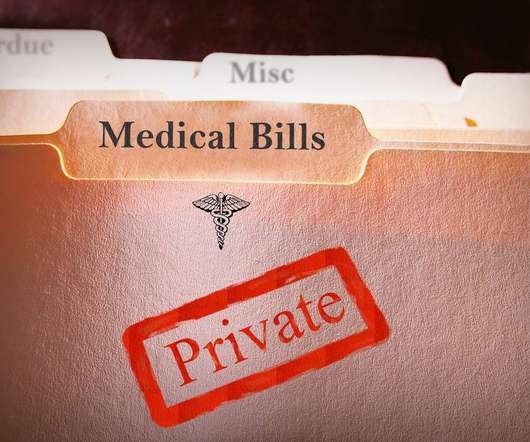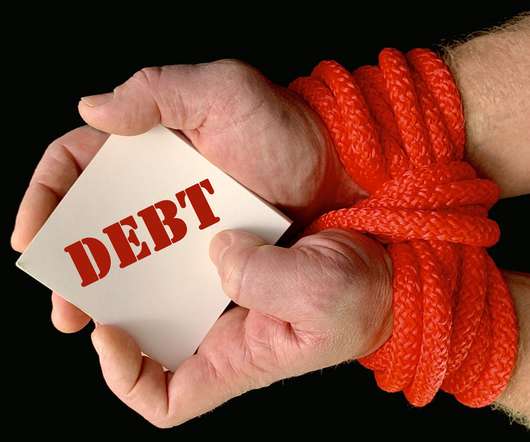How are Medical Bills Treated in Chapter 13 Bankruptcy?
Sawin & Shea
MAY 5, 2021
Filing for Chapter 7 or Chapter 13 Bankruptcy: Chapter 7 will wipe out (discharge) your medical debt along with other unsecured debt, but you must have low enough income to pass the means test in order to qualify for it. Chapter 13 bankruptcy is discussed below.



















Let's personalize your content